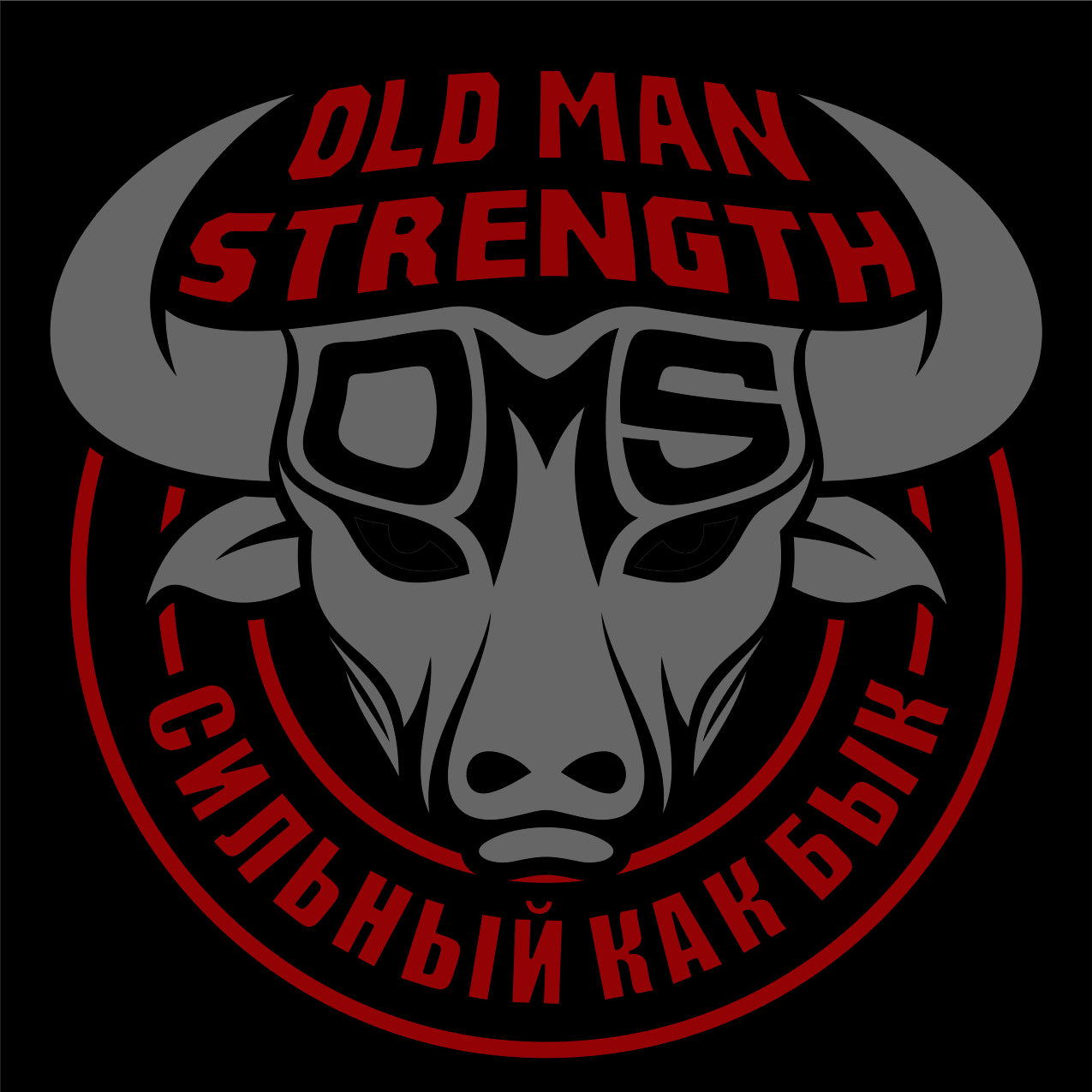Stoicism in the Age of COVID-19
None of us needs to be reminded of the stress that surrounds us. We are living it, breathing it, seeing it on the news, and dealing with the implications of this virus and the policy responses to it every day. Yet there are some, front line medical professionals, first responders, couriers, delivery drivers and essential service employees who front up every day, put their concerns into perspective, and push on. What makes them different? Were they any different before this crisis began?
It is a question people often ask themselves – am I brave? Am I resilient? Am I stoic? It is a fact that these habits and attributes are less present in our society than they once were.
Stoicism is often, mistakenly, assumed to be the ability to endure pain or hardship without complaint and as much as possible without the display of feelings. Many are taught this by their fathers – sometimes explicitly and sometimes by example, but many others need to teach themselves from whatever resource is available. Sometimes there is none. And so the true benefits and advantages of stoicism are not understood, in some cases are adapted negatively, to the detriment of men and society. We know that sometimes it is only in the depths of great difficulty that we get to make the small decisions that determine whether we rise or fall, and what we expect of ourselves matters. So let's be realistic. Do our first responder heroes really not feel pain? Or do they just process experiences differently?
Stoicism is a 2000-year-old philosophy which advocates the cultivation of four virtues: courage, self-control, justice, and wisdom. It teaches that there are things we can control and things we cannot. It embraces brotherhood and community, and it embraces the wise and just cultivation and discharging of strength. It does not imagine a man without courage, who lacks self-control, who ignorantly abuses his power or has no sense of justice. It is a benchmark for behaviour, and for the strength of character.
To be “stoic” does not mean to be indifferent to pain. It means to approach pain and struggle with wisdom and reason, to find its true cause and then to deal with that through logic, reflection and concentration. It says to pause at that moment of reaction, and to find inner strength, to view a situation with the correct eye. Once that has been done, however, it is time to push. It does not reward or encourage taking a back step. As Seneca also said, “a gem cannot be polished without friction, nor a man perfected without trials”.
To be stoic means to accept that of all the things in the world that cannot be changed, you are not one of them. You can be braver. You can be stronger. You can experience a situation, a virus, a risk, and not be defined by it. As Marcus Aurelius said, “If you are distressed by anything external, the pain is not due to the thing itself, but to your estimate of it; and this you have the power to revoke at any moment”.
In all things, it means accepting that the outcome is under your partial control, in that you can influence it, but it is also the result of factors outside your control. Your only mission, the driving force of the moment cannot be to win, or to guarantee perfect safety for yourself, because this is an outcome that you don’t control. To be stoic means you understand that the only thing you can control at that point and the months before it, is you and that at that point you must be the best possible version of yourself. You must be in peak mental condition, control your fear, you must be on point, you just react quickly and you must control every factor that is yours to control.
By internalising these goals, it becomes clearer. We can focus on them, we can defeat the demons within us, and we can be the best possible versions of ourselves. It is why the principles of shame, which focus totally on ourselves, are more powerful in building strong men than the emotion of guilt, which is for others. We have one person to rise to and to live up to, and that is the best version of ourselves.
Being old and strong provides this wisdom to us, either through being taught or being motivated through the school of life and adversity. It is how character and integrity are forged. It is the lifeblood of our community of strong old men. Stay safe everyone. We will get through this.



1 comment